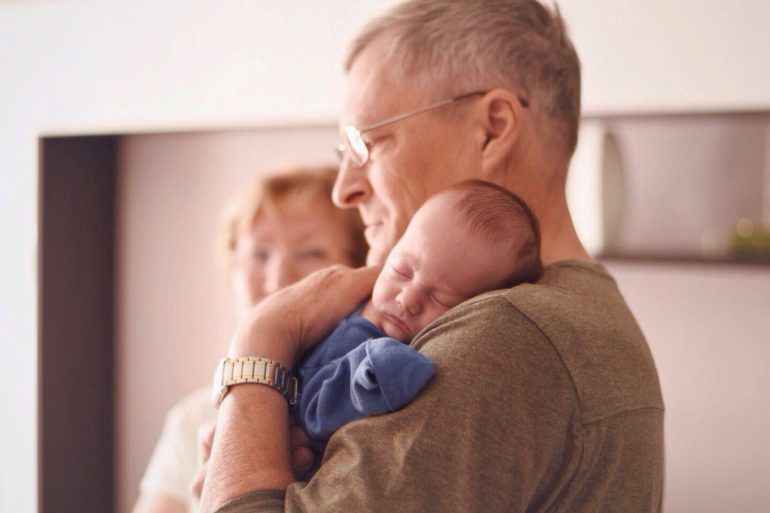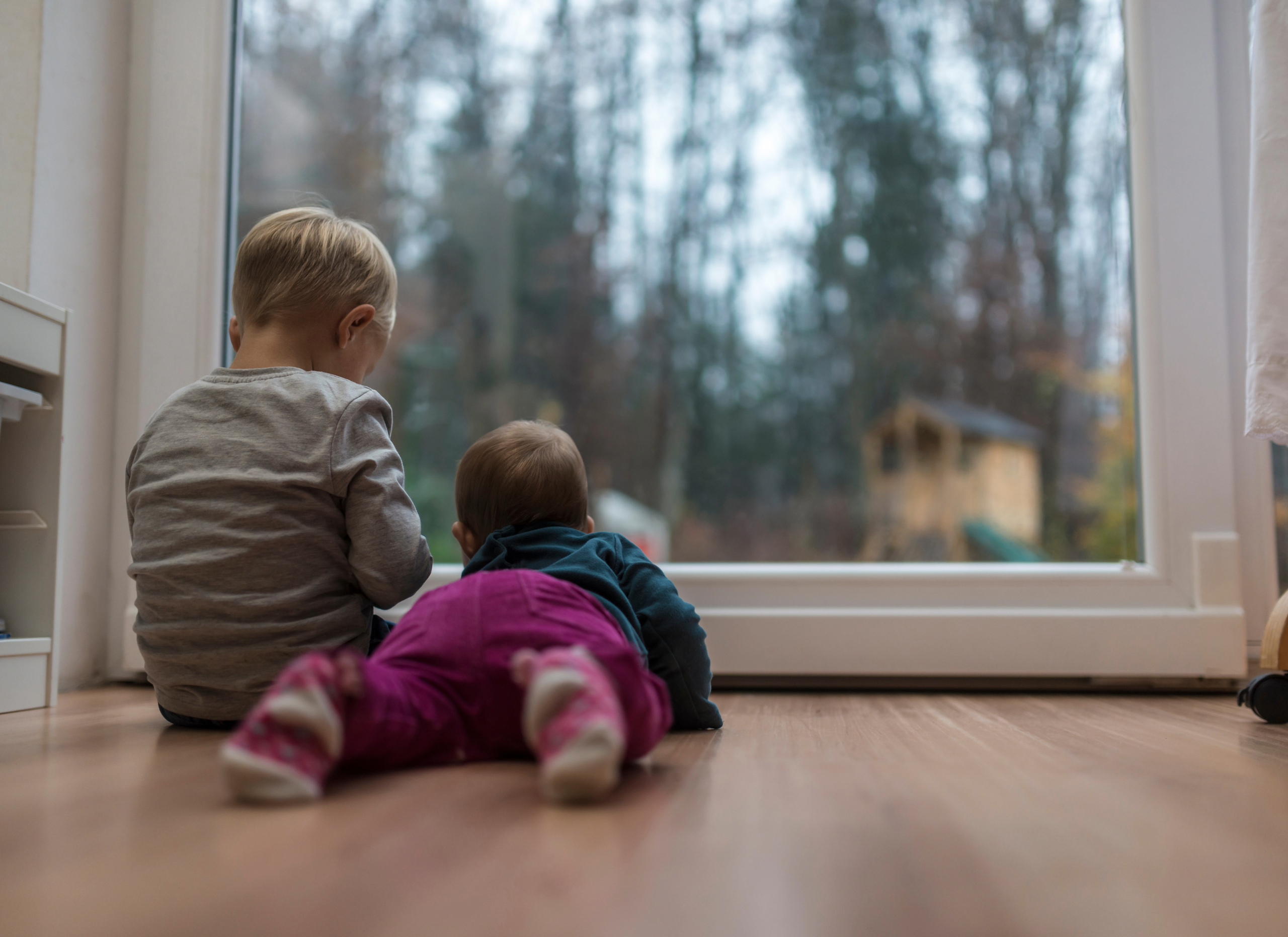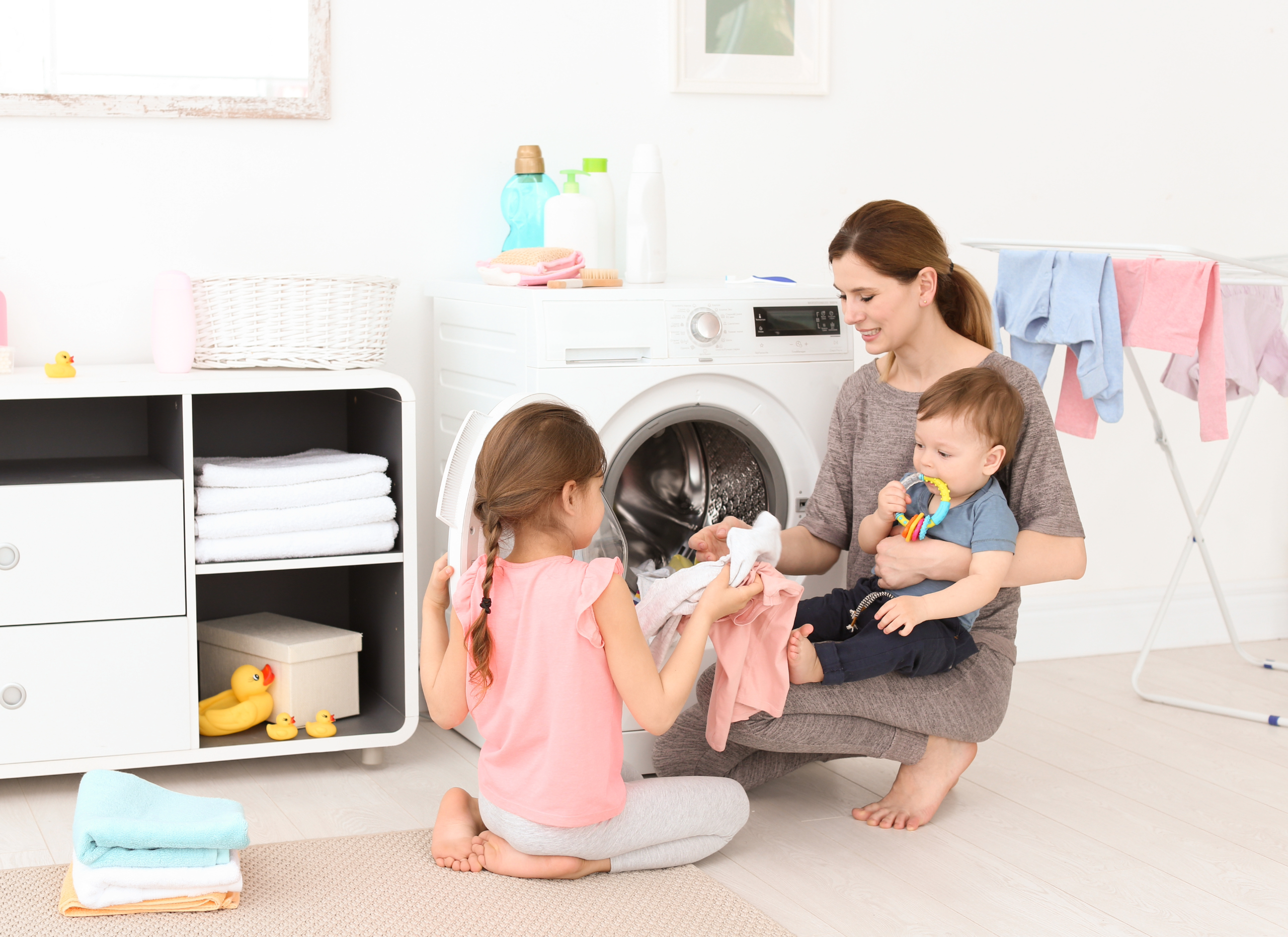12 New Things Grandparents Need to Know About Infant Safety
Grandparents. Are. AWESOME.
The younger generations are parenting in lots of interesting new ways, but if there’s one thing they all know, it’s that it’s nice to have an experienced and trusted extra set of hands around.
But as new studies emerge, parents, doctors, and other scientists are learning a lot about childhood development, and the standards over the years have continued to change.
If you’re a grandparent, there’s no need to feel defensive or embarrassed, and if you’re a parent, there’s no need to be sanctimonious and judgy — we’re all in this together, and everyone has the same goal in mind: taking excellent care of the kids.
When it’s time for Grandma and Grandpa to watch the kids, keep in mind that a lot has likely changed since they were raising you, and that it’s only natural they’d need an update.
I mean, would you keep up with infant safety practices if your kids were in their 20s?
Probably not.
So have this conversation gently, and do it for all the right reasons — there’s nothing wrong with not knowing everything.
#1 — Water Before Six Months Is Not Okay
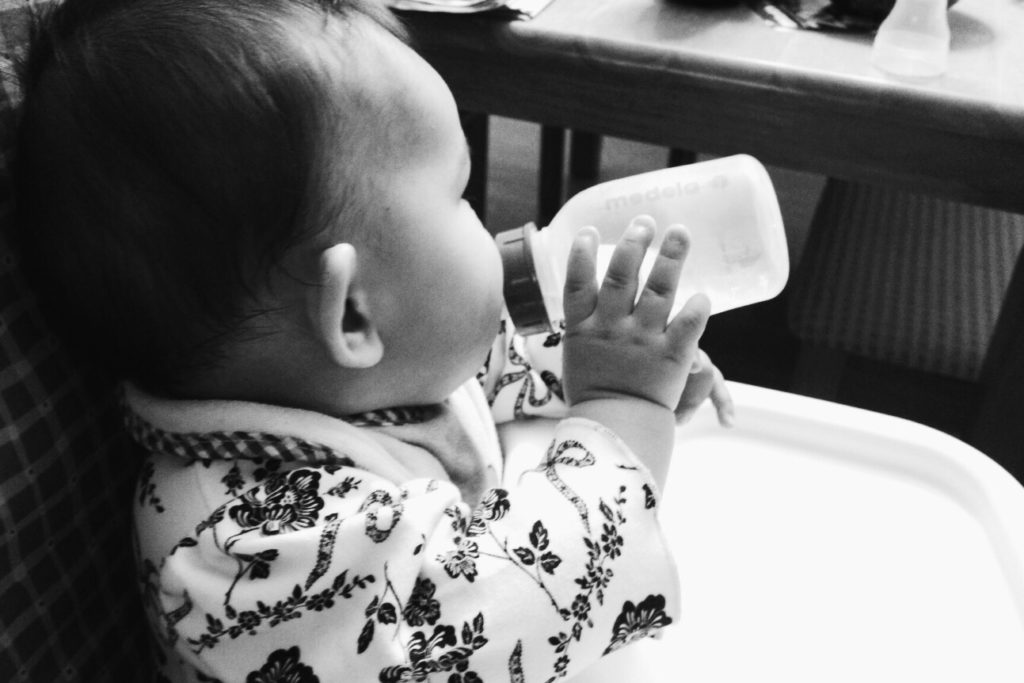
Source: Insider Health
Pediatricians all agree: water given before six months can put babies at risk of filling up on water and missing a feed. Done consistently, offering water to a baby can actually cause malnourishment.
In a well-fed breastfed or formula-fed baby, water is completely unnecessary since babies get all the hydration they need from their feedings.
#2 — Babies Should Rear Face in Car Seats Until Two Years Old
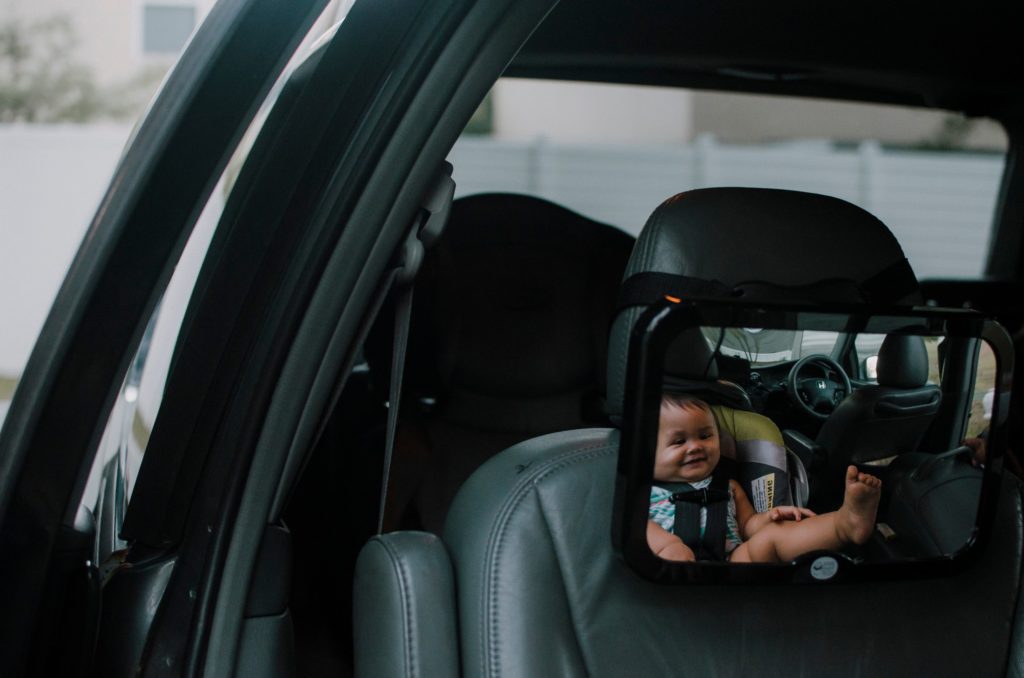
Source: American Academy of Pediatrics
In most states, it’s the law: children under one year old have to ride in a rear-facing car seat. But in reality, tests and studies show that babies are several times safer in a rear-facing seat at older ages, and the best practice recommendation is now two years old or until the child has maxed out the seat’s rear-facing capabilities.
#3 — Narrow Seat Baby Carriers Aren’t Recommended
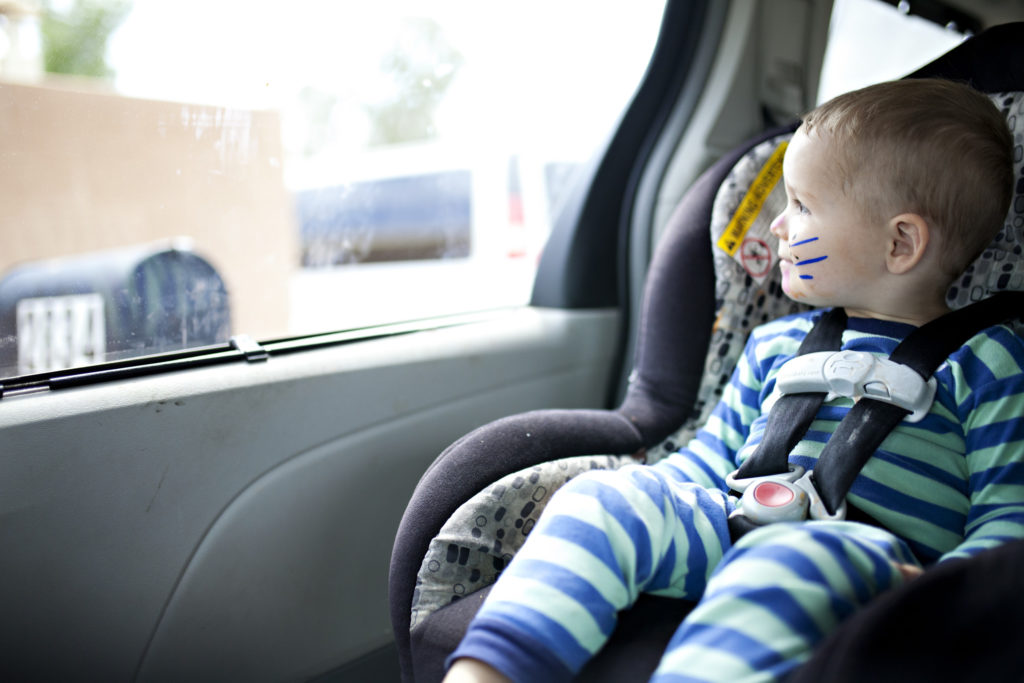
Source: International Hip Dysplasia Institute
The baby carriers with narrow seats are slowly being outmoded for wide-seat carriers for health reasons. Experts say that prolonged and excessive wearing in narrow-seat carriers can create pain and discomfort in the hips and even lead to hip dysplasia in babies with genetic predispositions for the disorder.
#4 — Don’t Put Anything in the Crib but the Baby

Source: CDC
It’s been shown that blankets, pillows, bumpers, and stuffed animals do more harm than good in the crib and can increase the chance of Sudden Infant Death Syndrome.
#5 — Rice Cereal Is Not Necessary or Beneficial
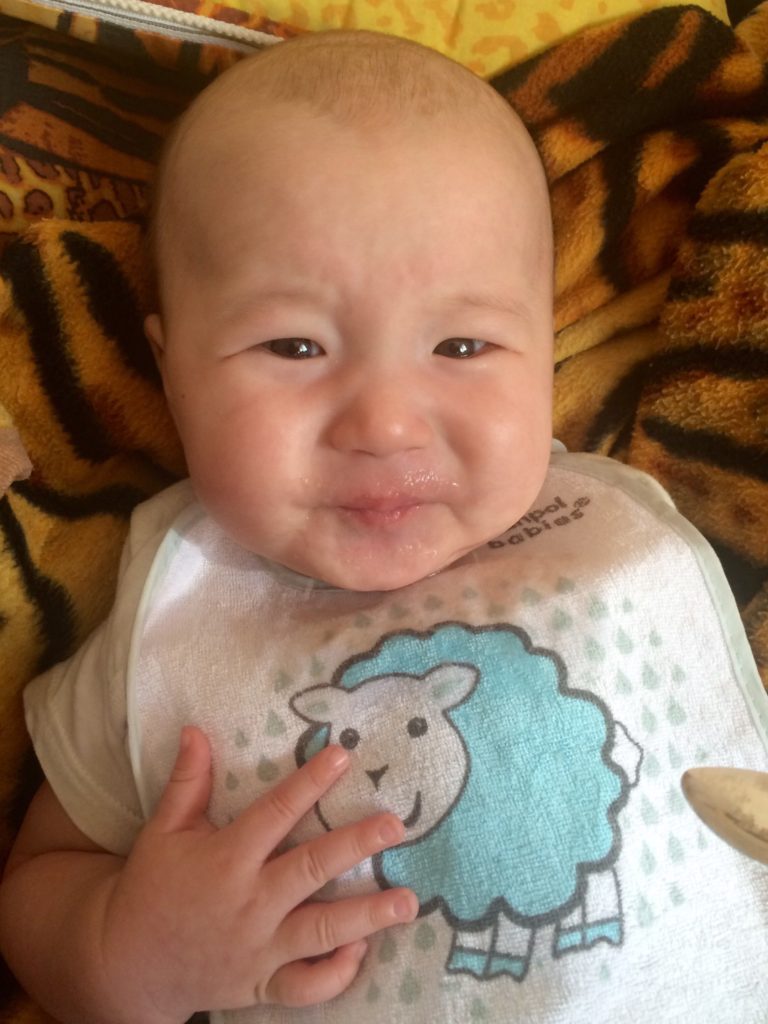
Source: Consumer Reports
Both the FDA and the American Academy of Pediatrics have dialed back on their recommendations for rice cereal, saying that it’s not necessary. In addition, Consumer Reports published a troubling study that showed extremely high levels of toxic heavy metals in baby foods with the concentration in rice products being as much as 10 times higher than in other foods.
Bottom line: babies don’t need it, and it could actually be giving them heavy metal toxicity.
#6 — It’s Not Safe to Leave Baby in a Car Seat Outside of the Car
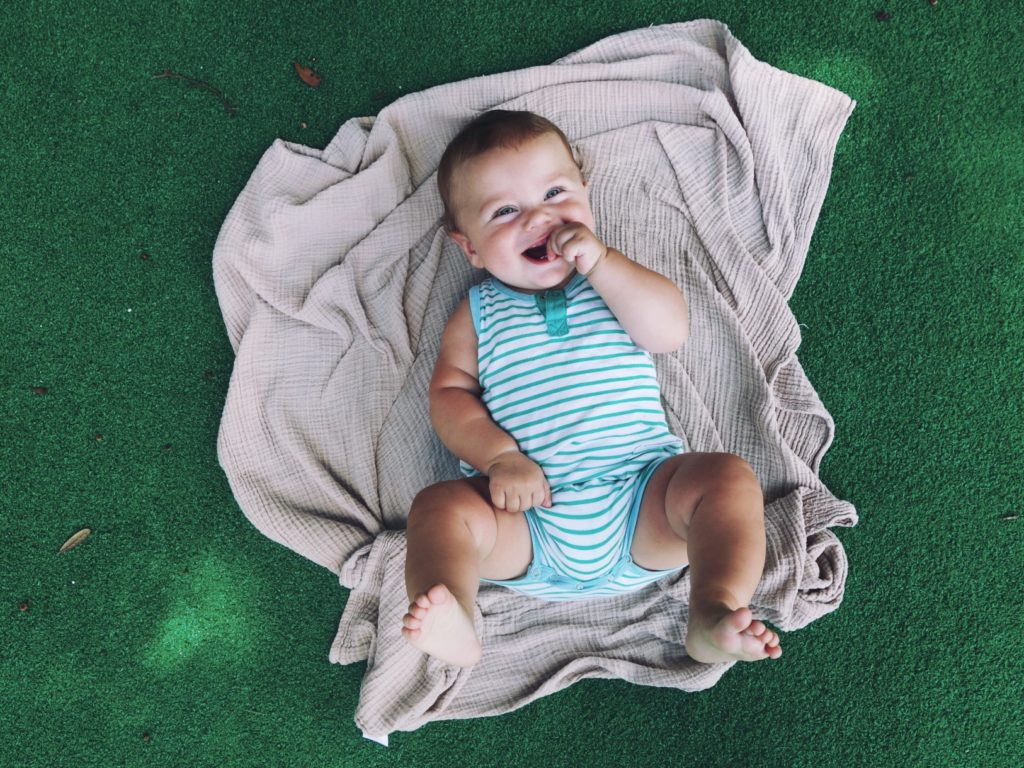 Source: Today
Source: Today
Infant seats were often used for naps outside of the car right up until a couple of years ago when heartbreaking stories began surfacing of positional asphyxiation. What happens is, because the car seat is not positioned in a vehicle, the angle is not adjusted to help a baby with no neck control get into a comfortable breathing position.
In this position, it’s possible to create a kink in the airway, and without close monitoring, the baby could actually stop breathing.
Bottom line: car seats are for cars, not napping — it’s just not worth the risk.
#7 — Be Aware of Human Trafficking
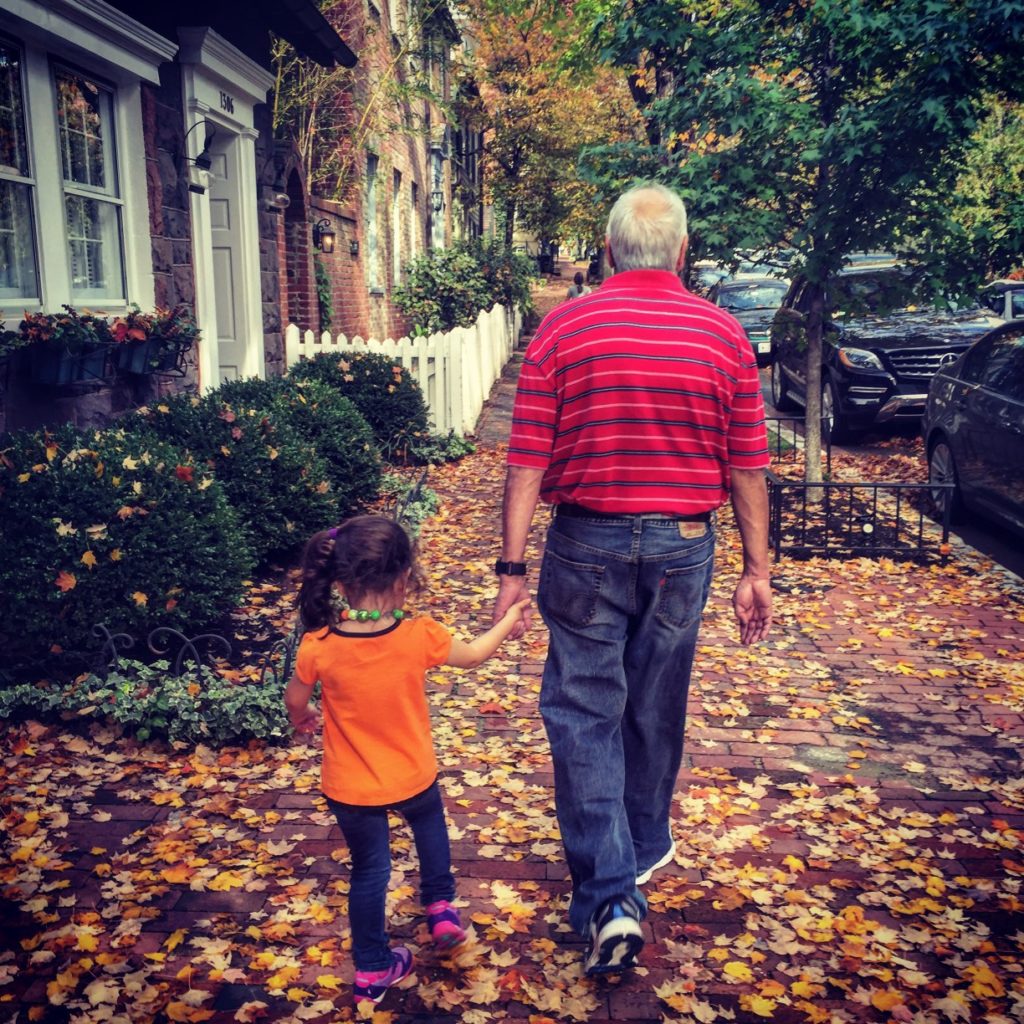
Source: Human Trafficking In Our Backyard
It’s something nobody wants to think about, but it keeps cropping up in the news: human trafficking is very real, it happens everywhere, and it can take seconds. If you’re out and about with the baby, never take your eyes or hands off her, and be extra mindful of your surroundings in parking lots.
Abductions often happen in incredibly public places and can happen so quickly that people aren’t sure what’s happening. Always take note of people who seem to be hovering or following you, and notify security or the closest person as soon as you notice it. Be particularly mindful of people sitting in large vehicles next to yours — this is a tactic sometimes used to grab victims and quickly transfer them to another vehicle while parents are preoccupied with shopping carts and strollers.
#8 — Always Put Baby to Sleep on Her Back
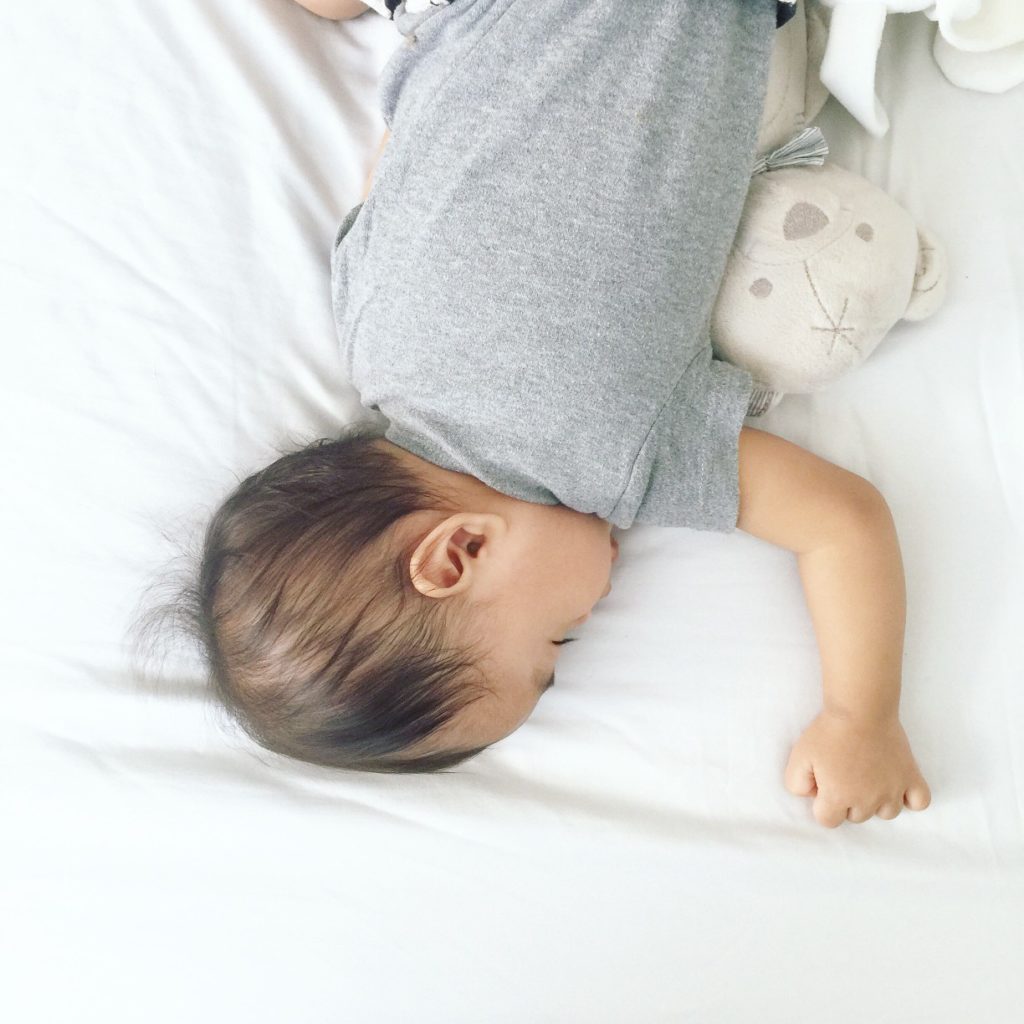
Source: AAP
The American Academy of Pediatrics has several safe sleeping recommendations that have changed over the years as SIDS data has offered more insights. The recommendation is now that until the baby is able to roll over on her own, she needs to be put down for bed on her back on a firm, breathable surface — no comforters or pillows.
#9 — Spanking Is No Longer Recommended
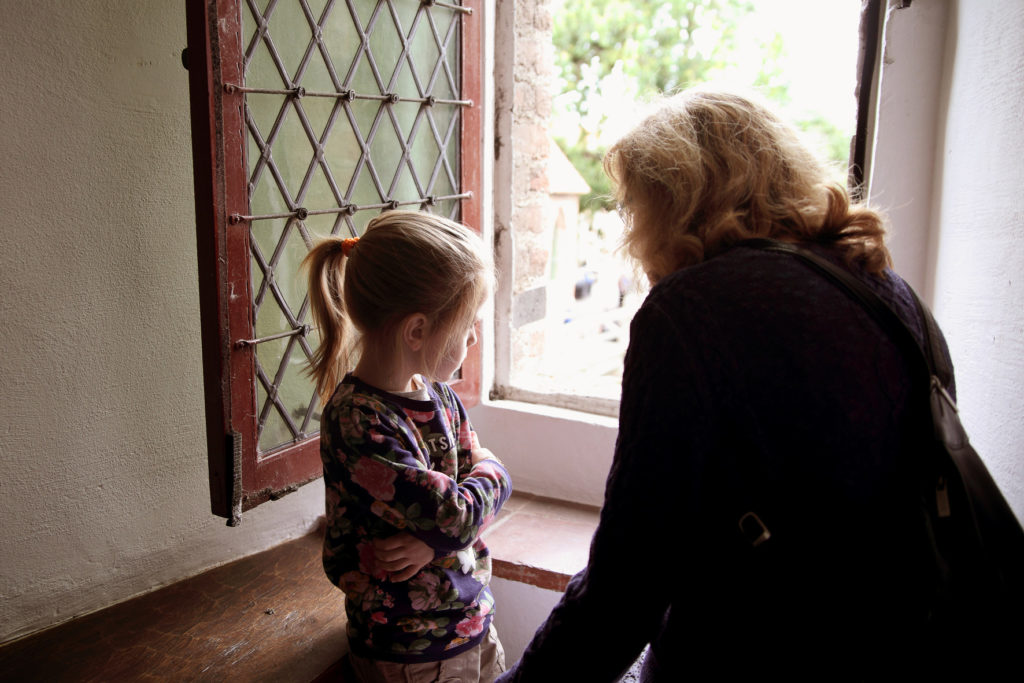
Source: American Psychological Association
Regardless of individual parenting views, what remains true is this: the data shows us that spanking is almost universally associated with negative outcomes in behavior, including aggression and mental health problems later in life.
#10 — No Solid Food Until Four Months
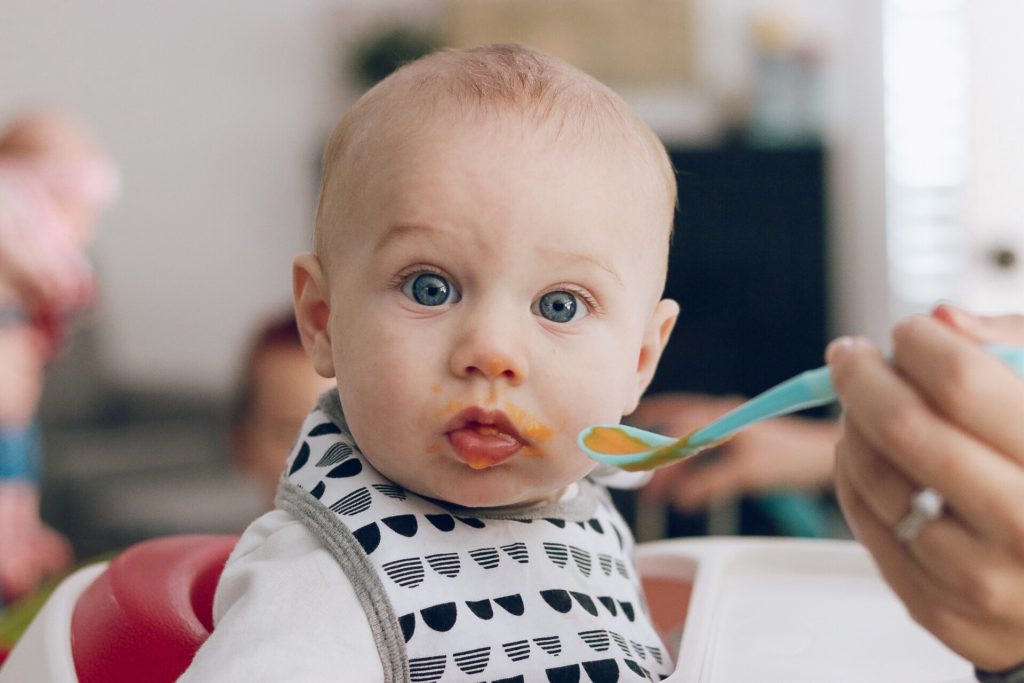
Source: US National Library of Medicine National Institutes of Health
While it’s SUPER fun to give the baby her first foods, pediatric advice and mom’s thoughts on the matter get the final say here. Before one year old, a baby’s primary source of nutrition needs to be breastmilk or formula.
However, international studies in food allergy development in infants now show us that experimenting with foods like wheat and peanuts at an early age may actually be associated with reduced rates of allergies.
So wait, but don’t wait too long.
#11 — Baby Oil and Baby Powder Isn’t Recommended
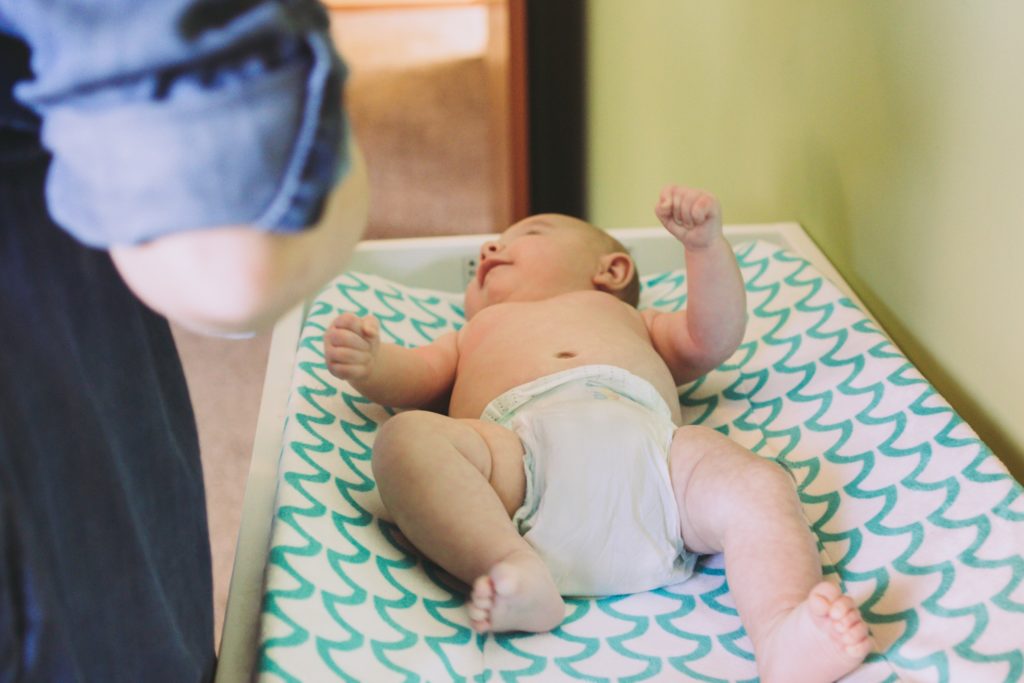
Source: Legal Reader
Citing the risk of inhalation, the American Pediatric Association no longer recommends the use of any baby powder, especially not the conventional store-bought talc baby powders.
In addition, reports are now circulating that baby oil, because it’s comprised of slippery hydrocarbons, is actually a hazard to the lungs. If a baby gets ahold of the bottle and any is swallowed, it can be lethal.
If you have to have it in the house, keep it well out of reach and keep in mind that babies put their feet in their mouths — what you put on a baby’s skin will very likely find its way to her mouth.
#12 — No Coats in the Car Seat
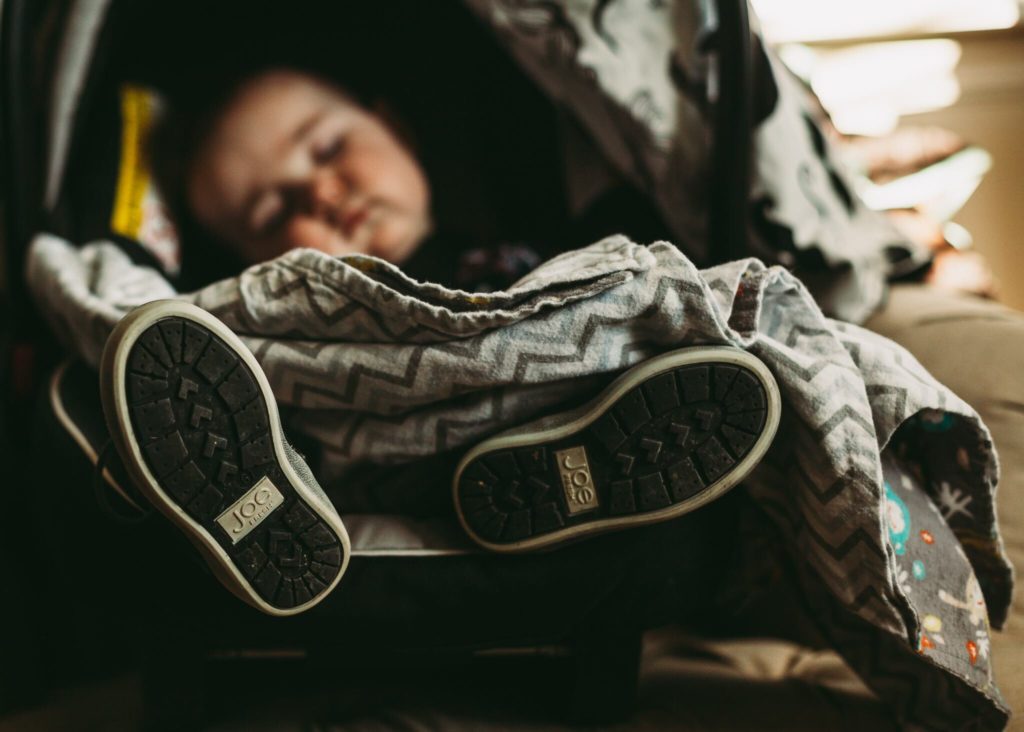
Source: Consumer Reports
If it’s cold outside, warm up the car and grab a blanket, but do NOT put babies in bulky coats and then strap them into their car seats.
Tests and studies have shown that bulky coats cause the straps to be looser than they should be, and as a result, on impact, those layers compress and leave the baby vulnerable to ejection.
Instead, opt for thin, insulative layers like fleece and take coats on and off before strapping in.
Why Turning out ‘Fine’ Isn’t Proof of Anything
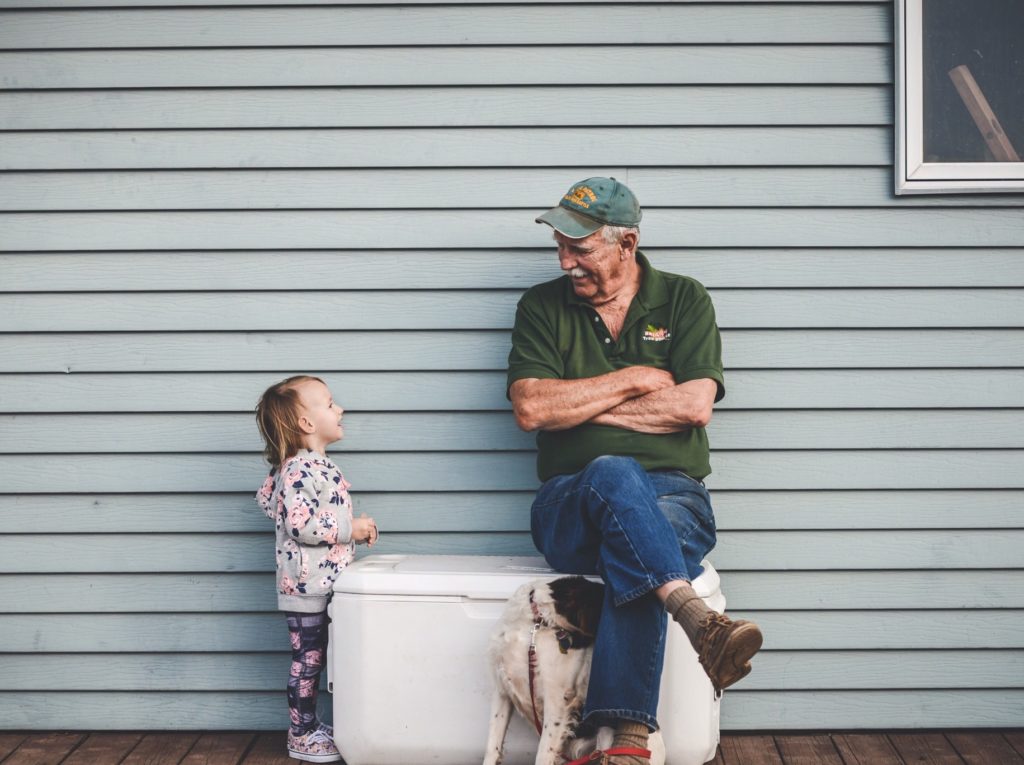
If there’s one repetitive one-liner that comes up in conversations like these, it’s that age-old adage repeated by every generation:
“Well I was raised this way, and I turned out just fine!”
And it has to stop.
Because fine is relative. Because not every child did turn out fine. And because one person’s experience is never as good as peer-reviewed, multiple-participant studies.
I’m sure you are fine. I’m sure you’re absolutely the bee’s knees.
But we have new information, we have it — it’s just right here in front of us, and it’s legitimate and documented and proven, and we’d be crazy not to at least consider it.

